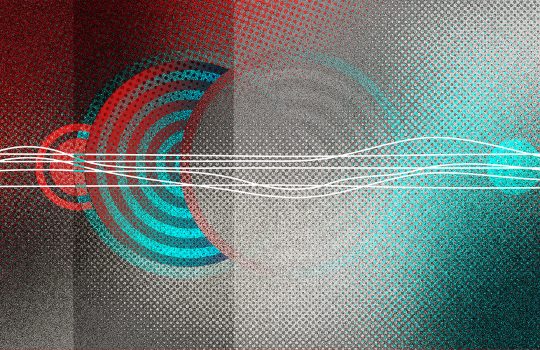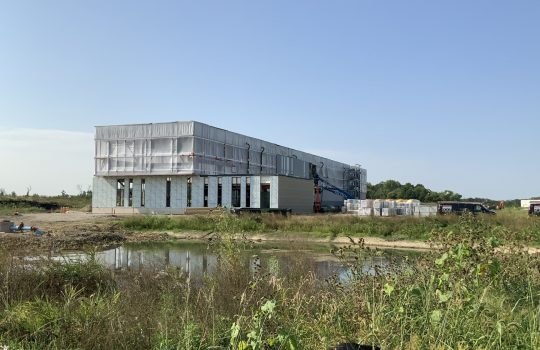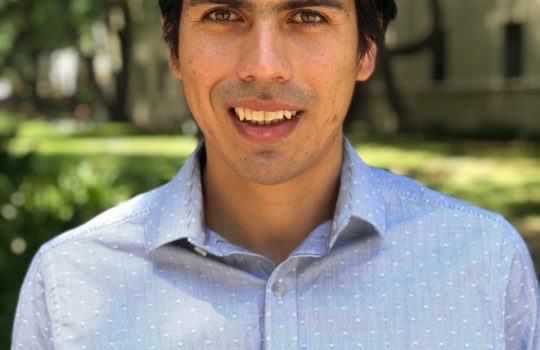Sterile neutrinos could explain dark matter – if we can find them
From New Scientist (UK), November 13, 2021: There are good reasons to think that neutrinos have a shy cousin that could explain dark matter, but searches have so far come up empty, writes Chanda Prescod-Weinstein theoretical physicist specializing in early universe cosmology and a monthly columnist at New Scientist.



